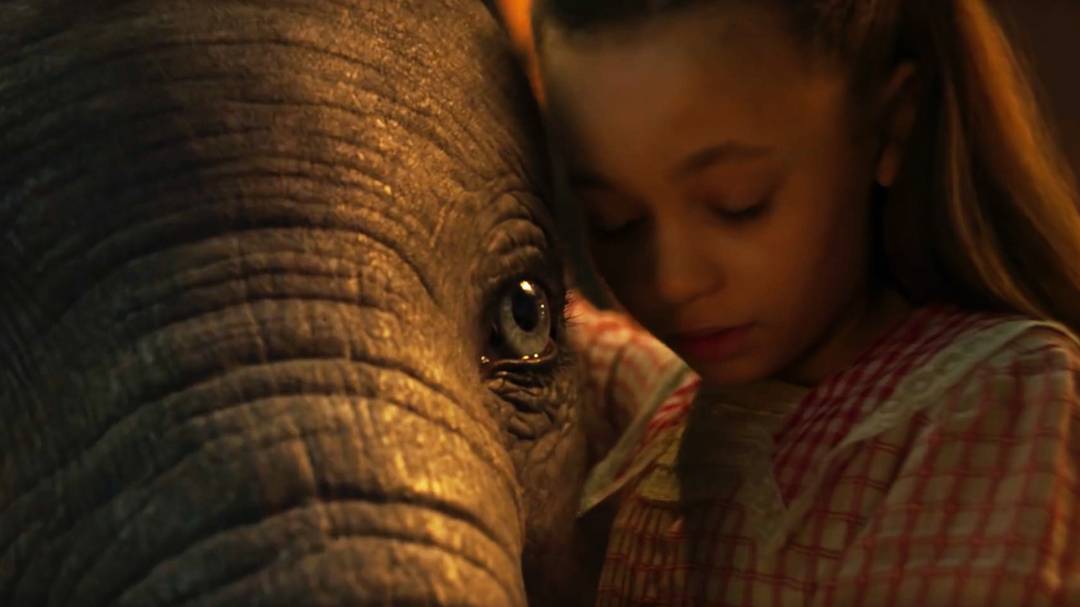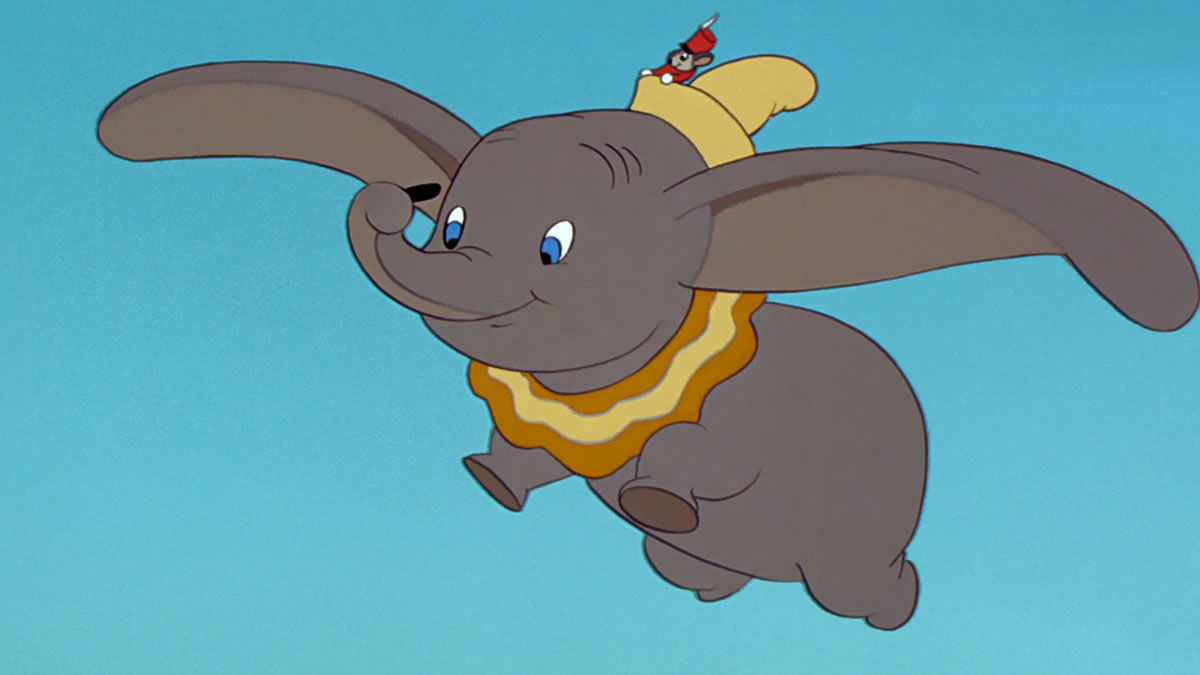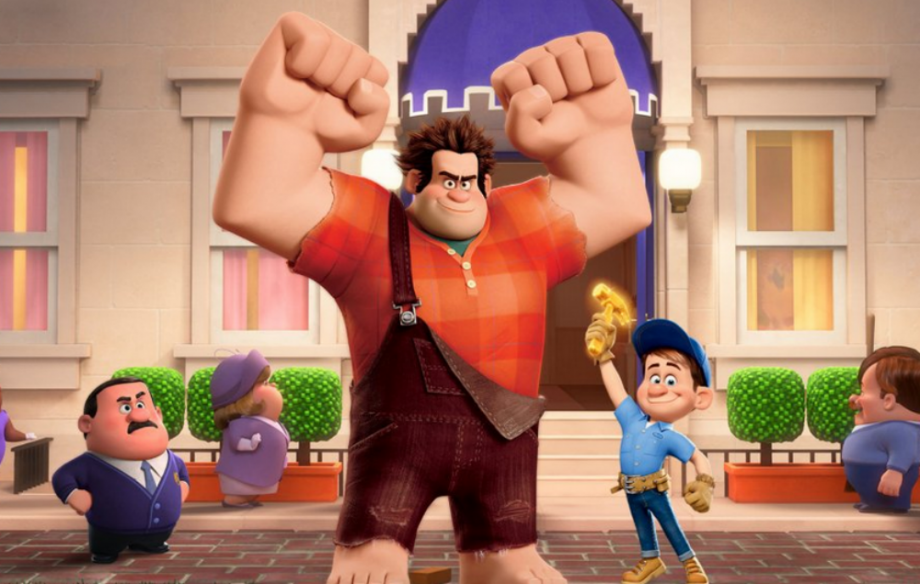
By Jacob Sahms
Walt Disney has done it again, this time taking a 1941 animated film and giving it a Tim Burton face lift that updates its issues and lessons to the present day. Full of whimsy and magic, as well as invention and humanity, Dumbo circa 2019 reminds us of so many of the earmarks of what it means to be a kid at heart and how the magic of Walt Disney calls us to a better way of living our lives.
 Before the opening moments of Dumbo in the 1919 world, audiences will most likely see a trailer for Toy Story 4, a throwback to the good old days (the 1990s) when toys could talk and friendship really mattered. It’s a reminder that some of our same stories can be made fresh and magical with a new retelling (a Walt Disney principle), and that we need to be reminded how to treat each other correctly again and again. In the beautifully recreated version Burton has painted on screen, the visuals, music, and acting are the means by which the message of love and acceptance are transmitted.
Before the opening moments of Dumbo in the 1919 world, audiences will most likely see a trailer for Toy Story 4, a throwback to the good old days (the 1990s) when toys could talk and friendship really mattered. It’s a reminder that some of our same stories can be made fresh and magical with a new retelling (a Walt Disney principle), and that we need to be reminded how to treat each other correctly again and again. In the beautifully recreated version Burton has painted on screen, the visuals, music, and acting are the means by which the message of love and acceptance are transmitted.
In the lead-up to the Crucifixion, Jesus tells his disciples, in between washing their feet and predicting Peter’s betrayal, that he wants to leave them with a new command: “Love one another. As I have loved you, so you must love one another.” For humanity, and the church, this has been a lifelong struggle, but each Disney movie calls us back to recognizing how to love better – and how to love the other, whether it’s animated princess, talking mouse, or flying elephant. The latest entry into the canon, albeit a remix of one, takes that approach on a more global level.
 While Dumbo is still the son of a mother elephant, delivered less by stork and more by natural birth this time, his involvement in the circus comes in the aftermath of the first Great War, and draws him into the circle of a human brother and sister. While they’re mourning their mother (this is a Disney film so a hero child must be at least half-orphaned) and their hero warrior father returns sans a left arm, they are quick to see the beauty in the ‘other,’ a big-eared pachyderm who is ridiculed by nearly everyone else. But here’s the Disney twist: these children and their not-a-pet-but-a-friend-equal elephant teach the majority of the world how to love more deeply, in a broader tribe.
While Dumbo is still the son of a mother elephant, delivered less by stork and more by natural birth this time, his involvement in the circus comes in the aftermath of the first Great War, and draws him into the circle of a human brother and sister. While they’re mourning their mother (this is a Disney film so a hero child must be at least half-orphaned) and their hero warrior father returns sans a left arm, they are quick to see the beauty in the ‘other,’ a big-eared pachyderm who is ridiculed by nearly everyone else. But here’s the Disney twist: these children and their not-a-pet-but-a-friend-equal elephant teach the majority of the world how to love more deeply, in a broader tribe.
Whether it’s Lilo and Stitch learning that they’re similar while from separate, disparate planets, or Oliver learning that his tribe is greater than the types and sizes of their breeds, Disney movies regularly remind us that we’re in this together. Here, in Dumbo, those separate but equal standings are bound together in the community of the circus, where respect and creativity (and technology) are valued. This twenty-first century version of the classic story points us to a place where animals deserve our respect as created beings, and mothers and children should not be separated, a point lead actor Danny DeVito articulated recently to Entertainment Weekly. There are bigger issues about our humanity, and our place at the head of the created universe in the imago dei that are at stake here.
 Certainly, there’s the redemption of a central character, who like Wreck-It Ralph turns from evil to good, the slow dawning realization of a young girl’s ability above and beyond her culture’s expectations for her, and the rekindling of the heroic in a beaten down castaway. But the beauty in Dumbo is the reminder that we must love ourselves, each other, and the ‘other,’ if we ever expect the world to change. In fact, it’s where we have to start as people of faith if we want the Kingdom of God to come upon the earth.
Certainly, there’s the redemption of a central character, who like Wreck-It Ralph turns from evil to good, the slow dawning realization of a young girl’s ability above and beyond her culture’s expectations for her, and the rekindling of the heroic in a beaten down castaway. But the beauty in Dumbo is the reminder that we must love ourselves, each other, and the ‘other,’ if we ever expect the world to change. In fact, it’s where we have to start as people of faith if we want the Kingdom of God to come upon the earth.
To read our Dove review of the 2019 Dumbo, click here.





